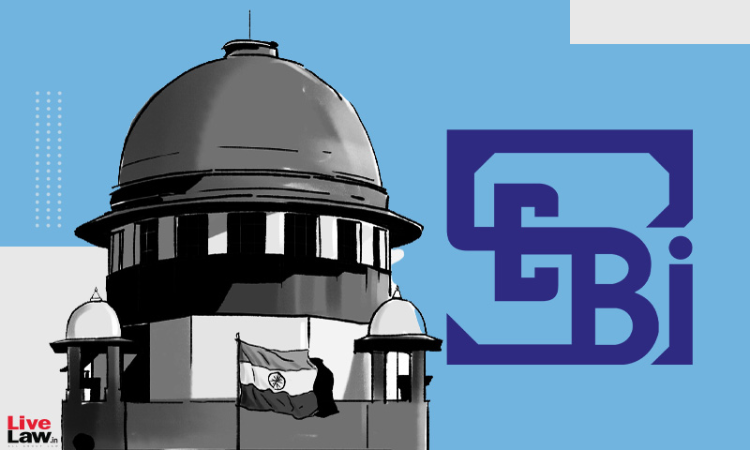"Regulator Has To Act Fairly" : Supreme Court Directs SEBI To Disclose To Reliance Documents Used For Filing Complaint
LIVELAW NEWS NETWORK
5 Aug 2022 7:29 PM IST

"The approach of SEBI, in failing to disclose the documents also raises concerns of transparency and fair trial", Court said.
Next Story


